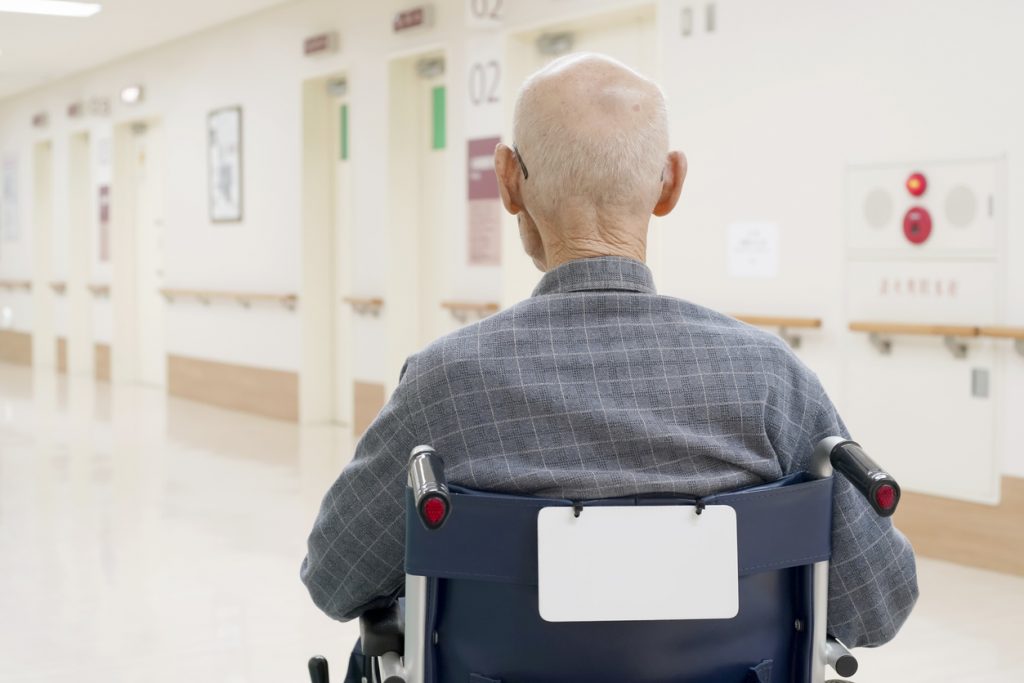
Alzheimer’s patients are at a heightened risk of becoming victims of elder abuse. With some nursing home residents afflicted with Alzheimer’s, their disease can make it challenging to communicate to anyone that they are being harmed. With others, their diminished mental capacity clouds their ability to recognize that abuse is even taking place. They are also more vulnerable to strangers who may seek to take advantage of their impaired cognitive abilities.
What Types of Abuse Should I Watch Out For?
Plus no fees unless we win!
Experienced Dallas elder abuse lawyers know that nursing home abuse of Alzheimer’s patients can take several different forms, including the following:
- Physical: This includes injuries and other physical pain.
- Neglect: This encompasses any failure to provide the basics, such as food, hydration, shelter, heat, air conditioning, medical care, and safety.
- Emotional: This includes being assaulted verbally, intimidated, or harassed.
- Sexual abuse: This can include any sexual activity, touching, or fondling that the victim cannot understand, is unwilling, or unable to consent.
- Confinement: This is when the victim is isolated or restrained.
- Financial: Misusing or withholding the victim’s financial resources or information to the victim’s disadvantage. This includes forcing the victim to lend or give money to the nursing home staff to withholding the victim’s money, which results in trouble paying bills for medical care. It can also involve changes in deeds or wills– to using the victim’s credit card or financial information to make purchases without their permission.
- Self-neglect: This category would encompass situations where the victim cannot safely and sufficiently provide for their own daily needs due to the cognitive depreciation associated with Alzheimer’s. Therefore, the victim is more likely to fall, wander off and get lost, or fail to properly nourish or hydrate.
- Willful deprivation: Dallas elder abuse lawyers have observed that sometimes nursing home residents with Alzheimer’s will be intentionally denied necessities such as shelter, food, hydration, medication, physical assistance, or medical care.
Call Now For a FREE Consultation!
How Do I Know if My Loved One is Currently Being Abused?
Unfortunately, the abuse of nursing home residents with Alzheimer’s is not new, so an experienced Dallas elder abuse lawyer has seen this. On your loved one’s behalf, it may be necessary that you learn to identify some of the signs that abuse may be taking place, which could include the following:
- Newly developed physical injuries such as bruises, cuts, abrasions, burns, or broken bones
- Dehydration or malnourishment
- Bedsores
- A sudden and significant decrease in the victim’s ability to communicate
- Changes in behavior, such as mood swings or becoming more aggressive or irritable
- Significant and sudden advancement of the Alzheimer’s
- Antisocial behavior
- Financial issues that cannot be reasonably explained
What Should I Do if I Suspect Elder Abuse?
Hiring the right Dallas personal injury lawyer is a crucial step in maximizing your financial recovery for nursing home abuse. Our compassionate team at Crowe Arnold & Majors, LLP, have over 65 years of combined experience representing innocent victims. Nursing home abuse has never been and never will be acceptable. We are here to bring justice to the victims and to make the perpetrators pay for their actions.
Contact Us for a Free Consultation
We offer free initial consultations, and we are available 24/7. If you have questions about nursing home abuse of a patient with Alzheimer’s or believe that you or a loved one has been a victim of elder abuse, contact us today for your free consultation. Since we work on a contingency-fee-basis, there are no upfront legal costs.





